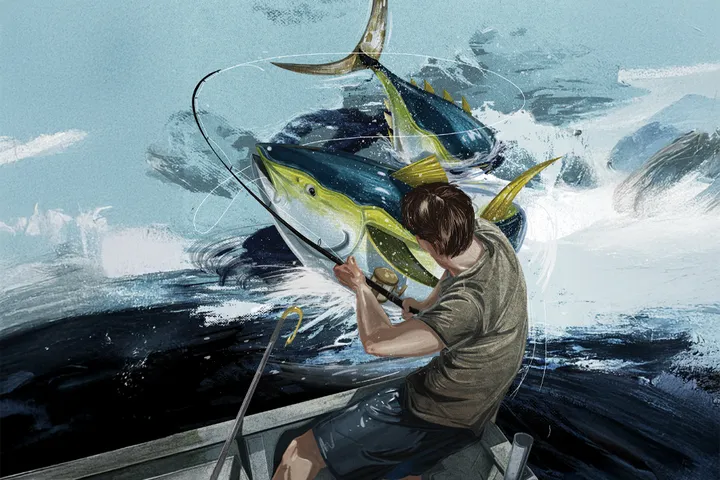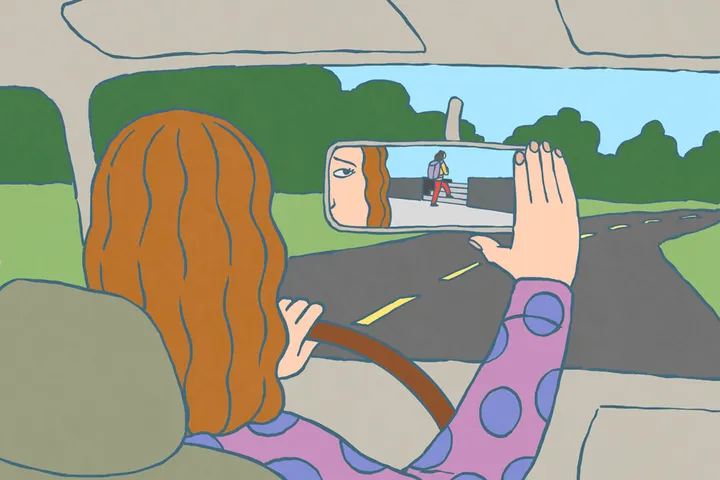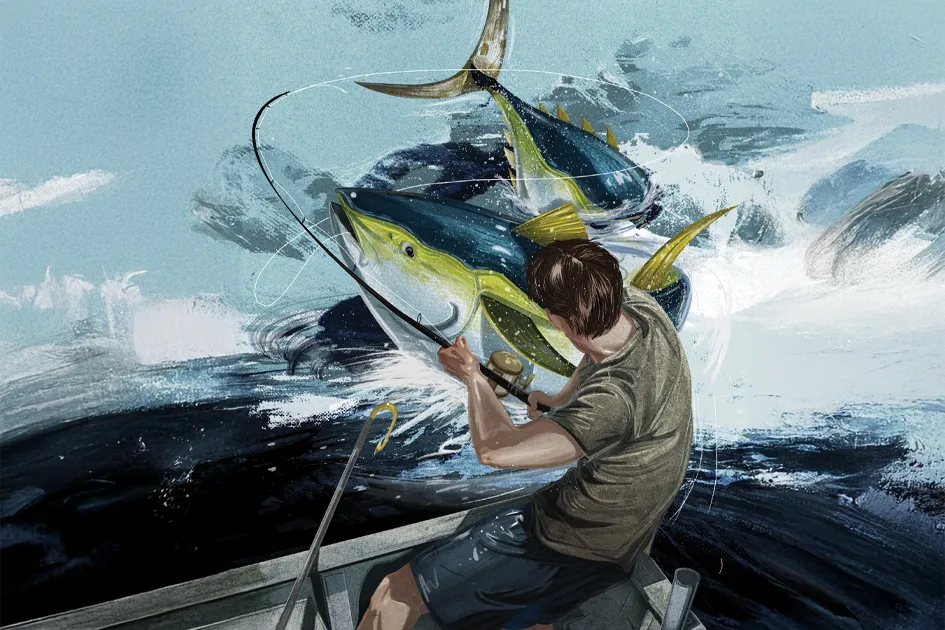A year before my father died, I got to spend a couple of weeks with him—the longest stretch of time together since he left our family when I was 8. As the day for our reunion came closer, I found my thoughts drifting back to that tender age and was almost overcome with excitement. I couldn’t have wished for anything more.

The week with my father was neither a good nor bad experience. It was worse—lukewarm and anticlimactic. I had planned out evenings to take him to interesting places in our community, but he was content to stay home. He declined going to his grandchildren’s school events. What was supposed to be one of the more meaningful weeks of my life was downright boring. A few days in, I already kind of wanted him to leave.
If it isn’t clear at this point, my father and I had a strained relationship for much of my life. After he left our family and throughout the rest of my grade school years, we would see him on the occasional weekend. The pain of his absence was felt on a nearly daily basis (there’s never been a more insufficient phrase than “absent father”), but through the longing, I learned to forgive and hope for a better future together.
I optimistically thought it was only a matter of time before he and I finally built a closer connection. In almost childlike fashion, I was determined to convince him I was someone worth loving, worth spending time with. Even after those two miserable weeks with him, I still believed that a more meaningful relationship was possible.
And then he died.
The week with my father was neither a good nor bad experience. It was worse—lukewarm and anticlimactic.
It was quick and unexpected. There was no sense of closure—no chance for any last words or good-byes. The devastation of losing him and the agony of wondering what could have been hit me in equal measure over the weeks and months that followed.
Little has changed in my life since his passing. There’s only one thing that’s different: The small glimmer of hope for any sort of reconciliation has been extinguished. That book is closed. There will never be a point when I know I could have been enough for him.
In his sermon “Healing Our Hurts," Dr. Stanley says, “Oftentimes that unforgiving spirit can be very subtle, and it’s especially true if it results from something a parent has done. It is a natural, normal response for a person to say, ‘Why sure, I love my dad.’ But [the hurt] doesn't disappear simply because you say, ‘I love my mother, love my father.’ You want to love them. You should love them. We say it in our heart, and therefore we think we do. And while on the surface everything looks pretty good, deep down inside it’s never healed.”
So, where do you find healing when the person you have the broken relationship with has died?
Where do you find healing when the person you have the broken relationship with has died?
Growing up, I was pursued by the thought that I was partially to blame in my father’s abandonment of the family and my parents’ subsequent separation. Even as a teenager, I understood this was a common feeling among children of divorce but still couldn’t shake the worries that I hadn’t done enough to keep my father from leaving.
Years later, in the moments after the birth of my first son, I remember holding my child for an extended period of time—feeling both overwhelmed and completely at ease as I talked to him, introducing him to his new world. I was engulfed by unconditional love. Cradling my baby, I felt released from the burden I’d carried for much of my life. There was nothing this child could ever do to stop me from loving him with all my being. There was no force or barrier strong enough to keep me away.
I wish at this point I could say I have my life sorted out and all is as it should be. But grief is never tidy. I am still mourning both the loss and the lost prospect, lamenting a relationship that could have been. The wound is still raw and may never completely heal.
There was nothing this child could ever do to stop me from loving him with all my being.
What I do know is that whatever peace I find, my heavenly Father is in the midst of it. In the past I always pictured a Savior who completely repairs my brokenness. But now I think a more apt visual is one of a Father who is with me in the midst of my brokenness, helping to bear my burdens. Maybe that’s why Psalm 23 hits differently these days: “Even though I walk through the valley of the shadow of death, I fear no evil, for You are with me; Your rod and Your staff, they comfort me. You prepare a table before me in the presence of my enemies” (Psalms 23:4-5).
In these depictions, God does not remove the presence of evil, but He does provide solace in His companionship.
In the day-to-day, I have found healing by spending time with my own children and being intentional about the role I play in their lives as they grow. From mundane tasks like doing homework or chores to special moments like making pancakes together on Saturday mornings, hiking trails, and reading together in the evenings, being the kind of father I always wanted to have is helping me put myself back together. Healing comes through the apologies I offer after I make mistakes and when I assure my kids that, though we’re all sailing in uncharted waters, we’ll be in it together. Always.





